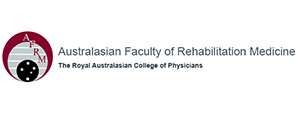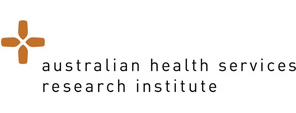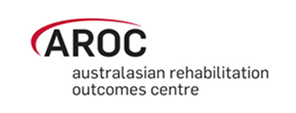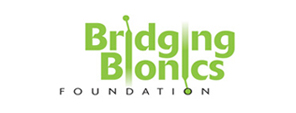Welcome
Maximising NeuroRecovery By Enabling Access To Technology-Assisted Exercise Funding Neuro-Rehab It’s As Important As Funding Research For A Cure! Neuro-rehab is complex. While we don’t have all the answers for how to unlock positive neuroplasticity, we need to act on what we do know. Doing nothing is not an option.
Since 2016 we have been collaborating with people living with neurological conditions, clinical health professionals who work in neuro-rehab, researchers, policy-makers and Health Ministers. Even before COVID, accessing exoskeleton augmented exercise therapy had its challenges. In bringing exoskeleton technology to Australia, running clinical trials and now offering exoskeleton therapy in the community, we’ve learnt a lot along the way. We remain a small volunteer run charity with a big vision - to help serve people living with physical disabilities from neurological conditions, through neuro-rehab technology. This is made possible thanks to all our generous donors and in-kind contributors – please consider supporting us. Please read on for how we can help you.
1. Accessing Exoskeleton Therapy Sessions
We have a Rex Bionics exoskeleton in Newcastle, NSW, at Breaking Boundaries, thanks to Pip Cave and her team.
Do you want to know if you can access a session for yourself or someone you know? Are you a health professional who would like to refer a patient or client?
MORE INFO
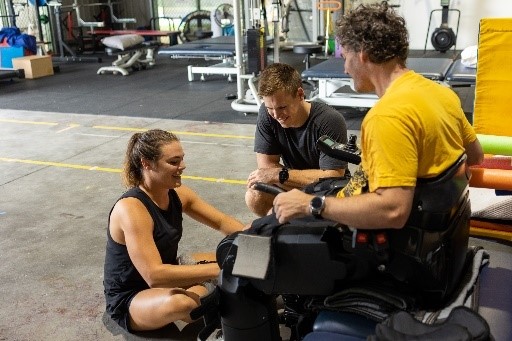
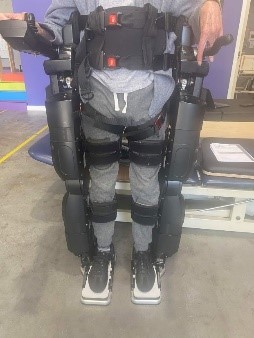
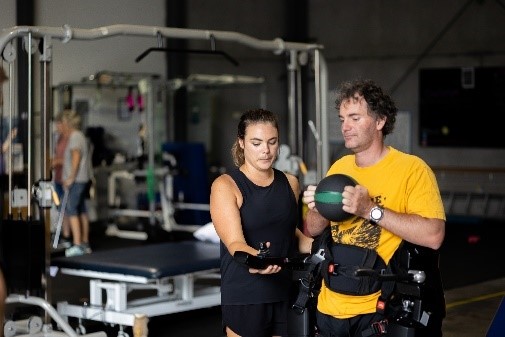
2. Do you offer robotic or technology-assisted exercise programs in Australia?
We would love to hear from you - info@ain-rehab.org.au. We know that each type of technology can offer something different and maybe better suited for different people. We are a collaborative bunch here at AINRehab. If we hear from people in your area or who are interested in using your technology, we are happy to connect them to you. We also know how difficult it can be for people going through neuro-rehab to find the information they need on what services are available. We are building a robotic neuro-rehab technology map of Australia to make this info easily accessible to the Australia public, so please get in touch.
3. What else are we up to?
Collaborating for Impact
We know how important it is to work together in this space to make the best difference we can. From our lessons learnt over 6 years, we can work behind the scenes as strategy consultants, bringing different stakeholders together to innovate and make more technology projects accessible in Australia. Is there neuro-rehabilitation technology you would like to see at your health facility be it in hospital or community- based? Let’s start a conversation info@ain-rehab.org.au.
Knowledge Sharing
Evidence from robust clinical trials is essential to the practice of evidence-based neuro-rehab medicine. Neuro-rehab is a complex intervention, increasingly the importance of real world practise-based evidence is being realised. Our team is working on a case-series. We look forward to sharing this with you all soon.
When we brought the first Australian owed hands-free exoskeleton to Australia, we began with a research collaboration with the University of Newcastle. Outcomes from those clinical trials are now published. The feedback from participants was overwhelmingly positive, people wanted to continue exoskeleton therapy at the conclusion of the trial. Outcomes included improvements in fatigue and in the level of independence. For the scientific literature from our published clinical trials see here. (Clinical Trials). Our insights beyond the research trials about using exoskeleton therapy like the Rex Bionics’ technology clinically, coming soon.
Our mission is to raise funds in robotic neuro-rehab projects for every state and territory in Australia.
Please DONATE to bring an UPSTANDING Project to your state/territory.
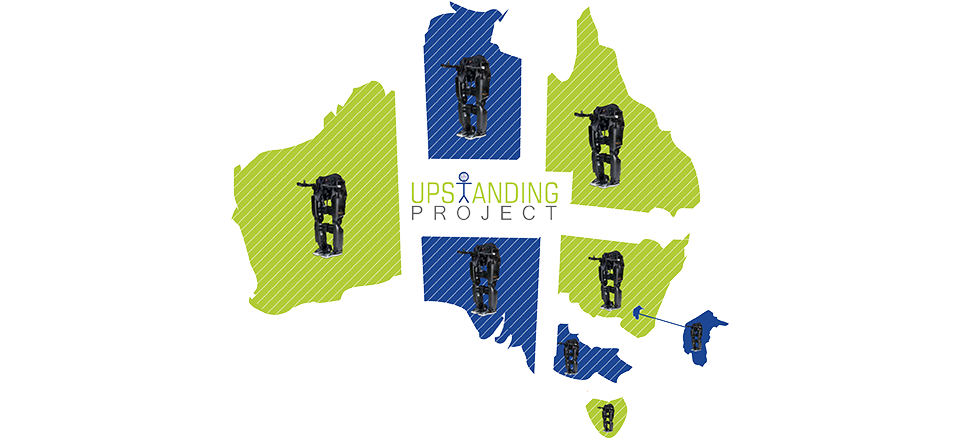
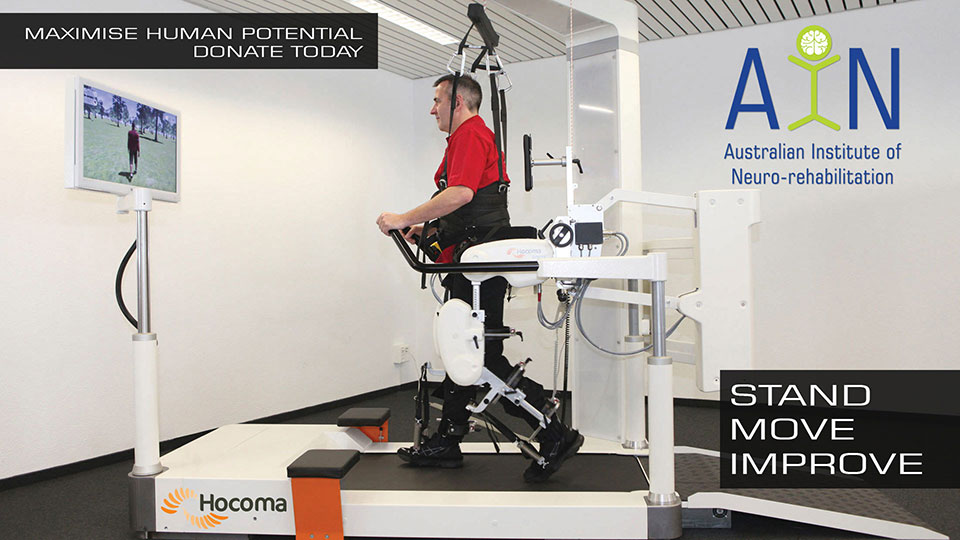
Did you know?
“After 198 sessions, the 61 year old female had a decrease of expected lifetime expenses between $148,237 and $197,208 due to the gained function” following intense walking therapy. Christopher & Dana Reeve Foundation NeuroRecovery Network Study
“Rehabilitation increases independence and reduces the need for continued care, such that the cost of rehabilitation may be offset by savings in on-going care in the community” Professor Turner-Stokes, Chair of Rehabilitation Kings College London
Click on each heading to reveal the answer. Click on the heading again to hide the answer.
Click here to show all answers | Click here to hide all answers
FIND OUT MORE

